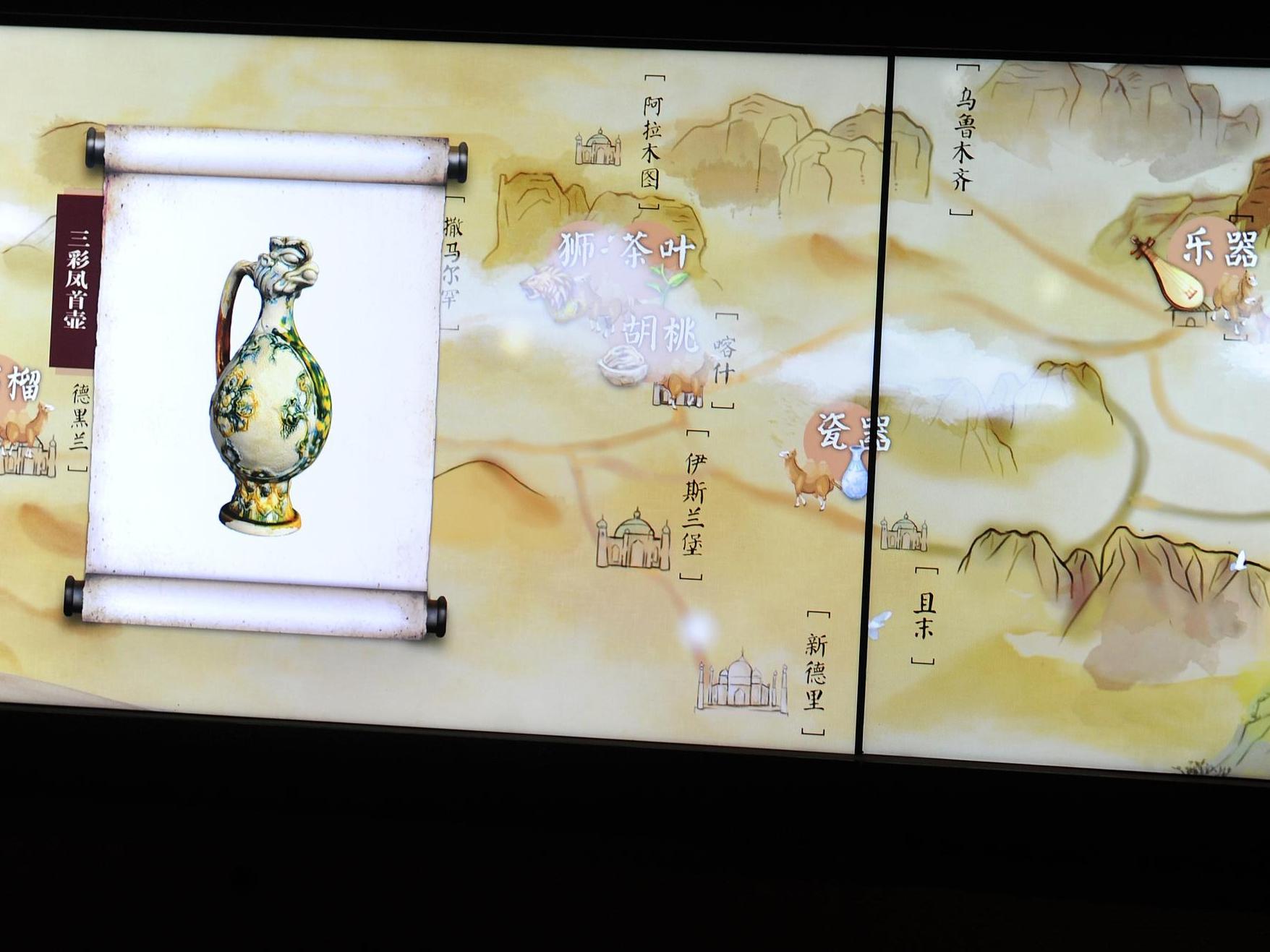China, Europe Share Views on Human Rights
Last year, Stephen Brawer, chairman of the Belt and Road Institute in Sweden, visited the city of Kashgar in Xinjiang Uygur autonomous region in northwest China and met local families. He found none of the atrocities mentioned in some Western media reports.
"Many of the reports in the Western media about Xinjiang are wrong. A lot of Swedes have never been to Xinjiang before, and that's why they're misled," he told Science and Technology Daily (S&T Daily).
Brawer was one of the participants at the 2024·China-Europe Seminar on Human Rights held in Berlin, Germany, on October 22.
"If we want to enhance the protection of global human rights, the biggest challenge and uncertainty is whether we can unite the different voices, and build bridges of cooperation," he said.
Experts and scholars from 16 countries and regions exchanged views on "The Protection of New and Emerging Rights: Views from China and Europe" at the seminar. They voiced their concerns about emerging issues, explored solutions to safeguard human rights, and reached a consensus on addressing challenges through collaborative efforts.
Zeng Fanhua, minister at the Chinese Embassy in Germany, said China and Europe hold regular intergovernmental dialogue on human rights. Their think tanks, experts and scholars also maintain regular exchanges on human rights issues.
"It is normal for China and Europe to have different views on human rights issues; the key is how we view and handle this difference," Zeng said. "The purpose of our communication is to hold exchanges on the basis of mutual respect and equality, and to better understand each other."
Ma Huaide, vice president of China Society for Human Rights Studies, said the new round of global scientific and technological revolution and industrial transformation has changed our production modes and social structure.
"These changes have not only given rise to many new rights like digital human rights, but also endowed traditional human rights with new digital dimensions. For example, rights related to the digital economy and carbon emissions, as well as the right of workers to be offline, have emerged," Ma explained.
However, these new and emerging rights have brought challenges to the current global human rights governance system. "How to protect these new and emerging rights is the common concern of the Chinese and European civilizations," he added.
The sci-tech revolution plays a crucial role in the birth and protection of these new and emerging rights. Mao Junxiang, executive director and chief expert of the Human Rights Research Center, told S&T Daily, "On the one hand, the development of science and technology has enhanced the universality and equality of human rights protection, and expanded the scope of citizens' enjoyment of basic human rights. For example, with the development of medical technology, the right to life and health will be protected more vigorously. On the other hand, we must give importance to the ethical governance of science and technology, especially the legislative research on ethics of science and technology in the fields of life science, medicine and artificial intelligence. Besides, we must pay attention to solving the problem of the digital divide."
In addition to the new and emerging rights brought by sci-tech innovation, human rights protection has diverse practices and the international community is becoming aware of that, as shown by Stephen Brawer's visit to Xinjiang to "know about other people and other civilizations".







